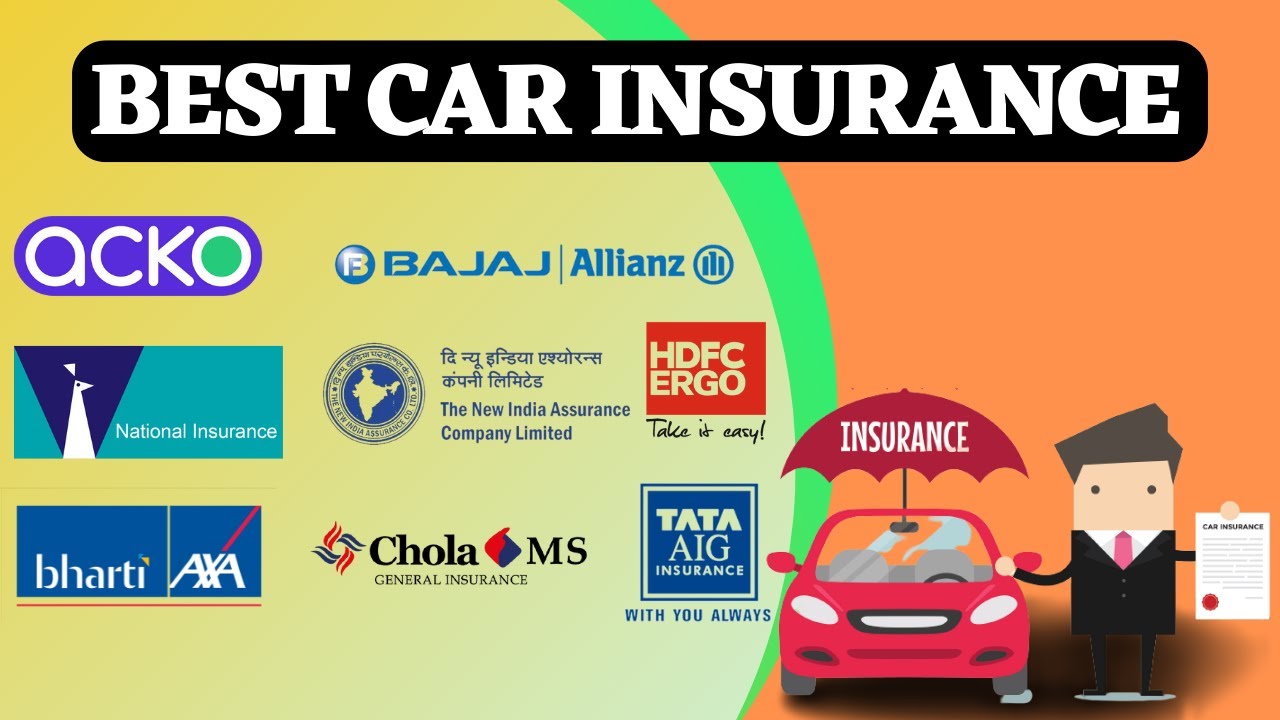Choosing the best insurance for your vehicle depends on your individual needs and circumstances. However, here are some types of vehicle insurance that are commonly recommended:
Liability Insurance: Liability insurance is required by law in most states and covers damages to other people and their property if you are at fault in an accident.
Collision Insurance: Collision insurance covers damages to your own vehicle in the event of an accident, regardless of who is at fault.
Comprehensive Insurance: Comprehensive insurance covers damage to your vehicle that is not caused by an accident, such as theft, vandalism, or weather-related damage.
Uninsured Motorist Coverage: Uninsured motorist coverage provides protection in the event that you are in an accident with an uninsured driver.
Personal Injury Protection: Personal injury protection, also known as PIP, covers medical expenses for you and your passengers in the event of an accident, regardless of who is at fault.
When selecting the best insurance for your vehicle, it’s important to consider your budget, driving habits, and level of risk. Speak with an insurance agent to help you determine the best insurance coverage for your individual needs.
What are the three types of vehicle insurance :
The three main types of vehicle insurance are:
Liability Insurance: Liability insurance is the most basic and required by law in most states. It covers damages to other people and their property if you are at fault in an accident. This type of insurance does not cover damages to your own vehicle.
Collision Insurance: Collision insurance covers damages to your own vehicle in the event of an accident, regardless of who is at fault. This type of insurance is optional, but may be required if you have a loan on your vehicle.
Comprehensive Insurance: Comprehensive insurance covers damage to your vehicle that is not caused by an accident, such as theft, vandalism, or weather-related damage. This type of insurance is also optional but may be required if you have a loan on your vehicle.
In addition to these three types of insurance, there are other optional types of coverage you can consider, such as uninsured motorist coverage, personal injury protection, and roadside assistance. It’s important to speak with an insurance agent to determine the best coverage options for your individual needs.
What is the period of vehicle insurance :
The period of vehicle insurance typically varies depending on the policy you purchase. In general, most vehicle insurance policies are purchased on an annual basis and provide coverage for one year from the start date of the policy. However, some insurance providers may offer shorter-term policies, such as six-month policies or even month-to-month policies, depending on your individual needs and circumstances.
It’s important to note that some insurance policies may automatically renew at the end of the coverage period, while others require you to renew the policy yourself. If you do not renew your policy, your coverage will typically expire at the end of the policy period, leaving you uninsured. Therefore, it’s important to keep track of the expiration date of your policy and make sure to renew it in a timely manner if you want to continue to have coverage.
Which type of two wheeler insurance is best :
Choosing the best type of two-wheeler insurance depends on your individual needs and circumstances. However, here are some types of two-wheeler insurance that are commonly recommended:
Third-Party Insurance: Third-party insurance is the minimum level of insurance required by law in India for two-wheelers. It covers damages to third-party individuals and property if you are at fault in an accident.
Comprehensive Insurance: Comprehensive insurance covers both third-party liability and damages to your own two-wheeler in the event of an accident, regardless of who is at fault. It also covers theft, fire, and other non-collision events.
Personal Accident Cover: Personal accident cover provides additional protection in the event that you are injured or killed in an accident. It covers medical expenses and provides a lump sum payment to your beneficiaries in the event of your death.
When selecting the best insurance for your two-wheeler, it’s important to consider your budget, driving habits, and level of risk. Speak with an insurance agent to help you determine the best insurance coverage for your individual needs.

